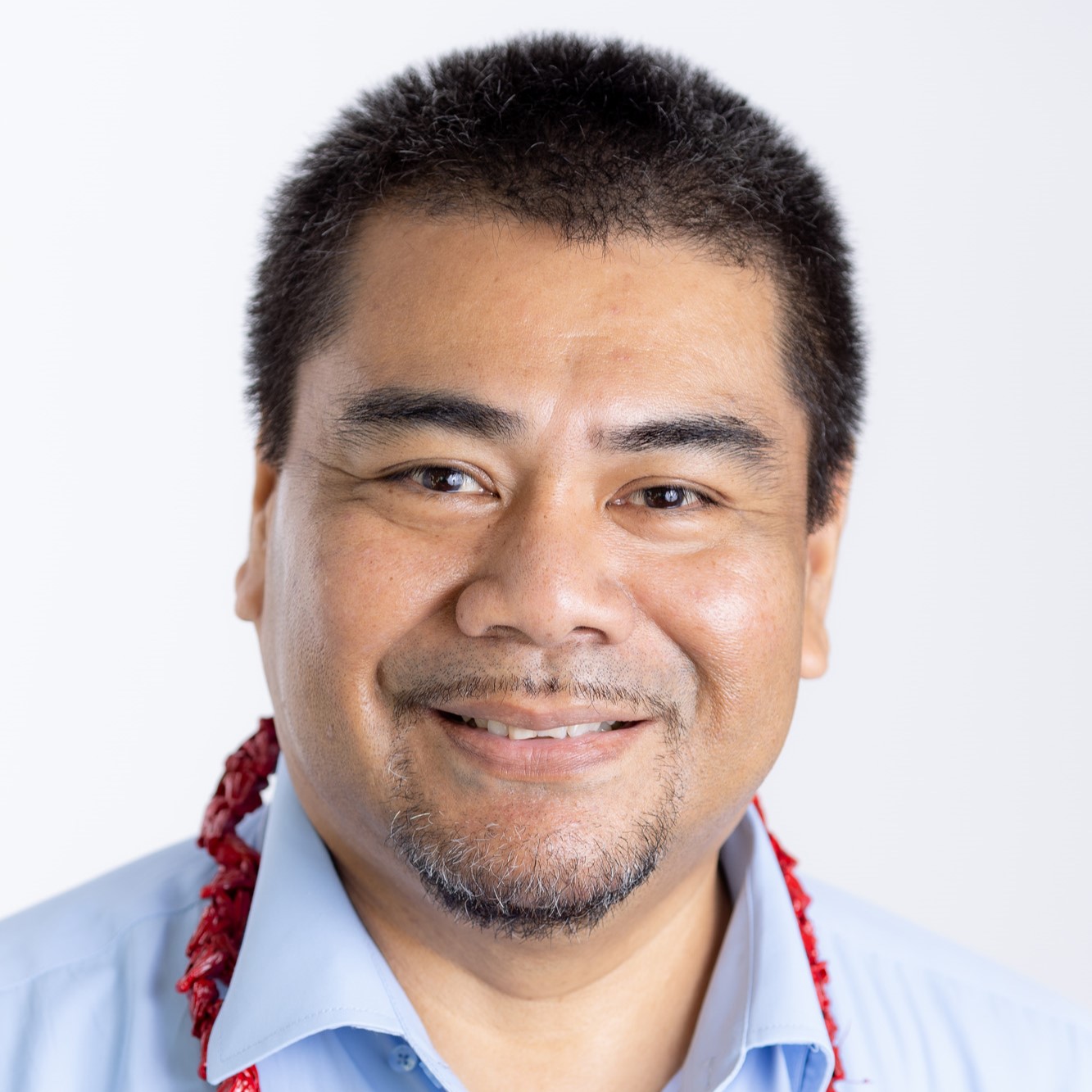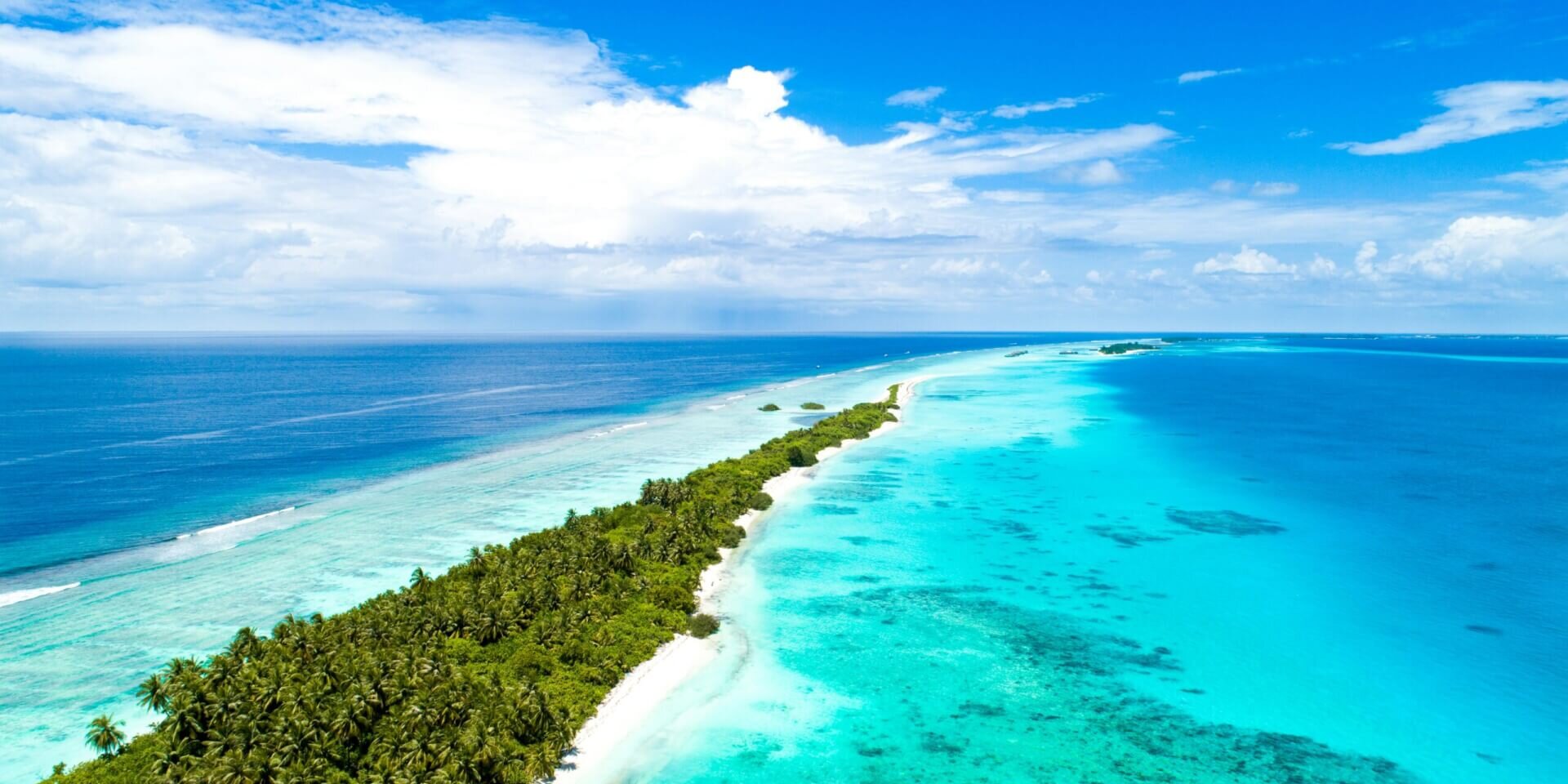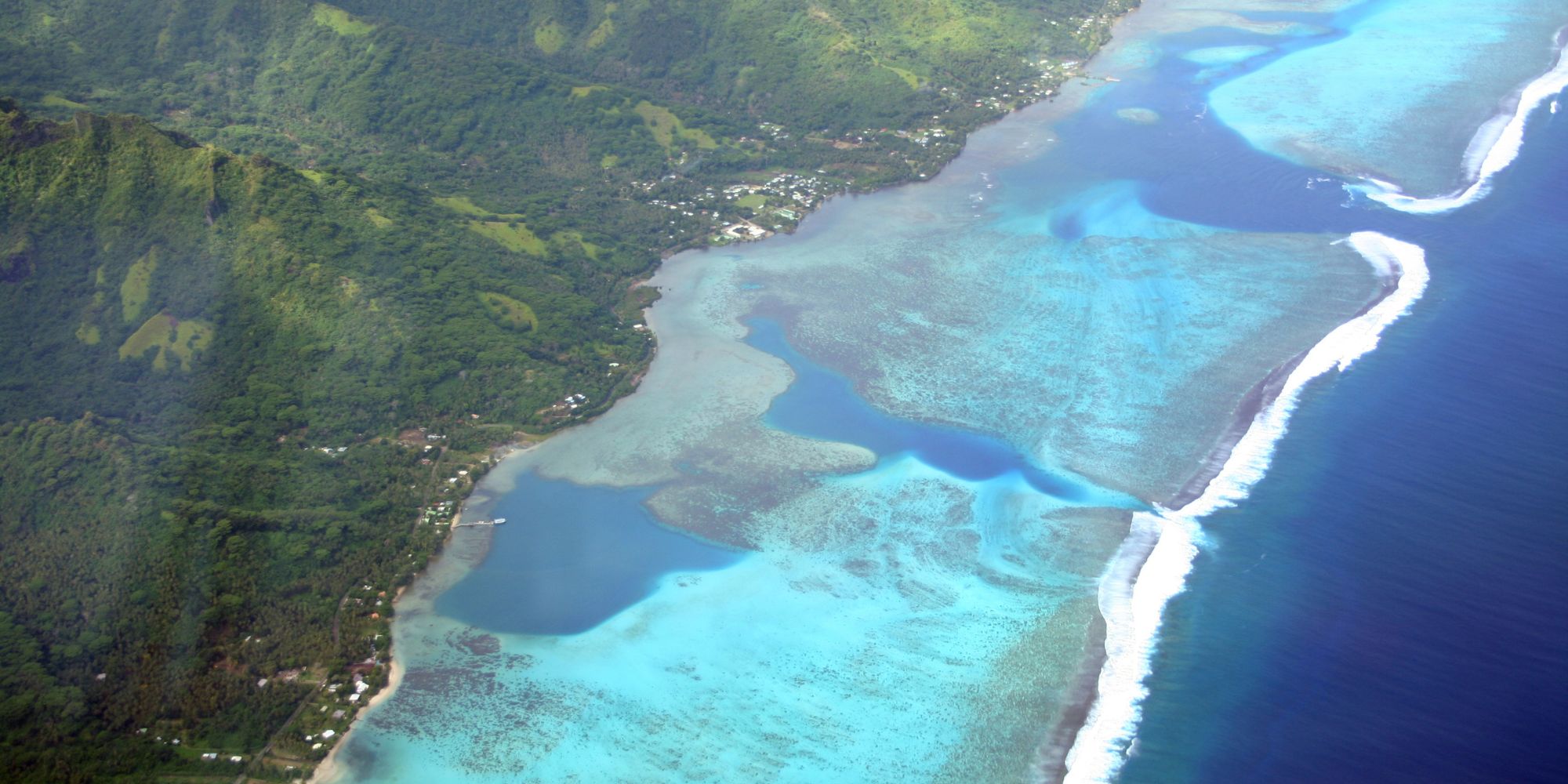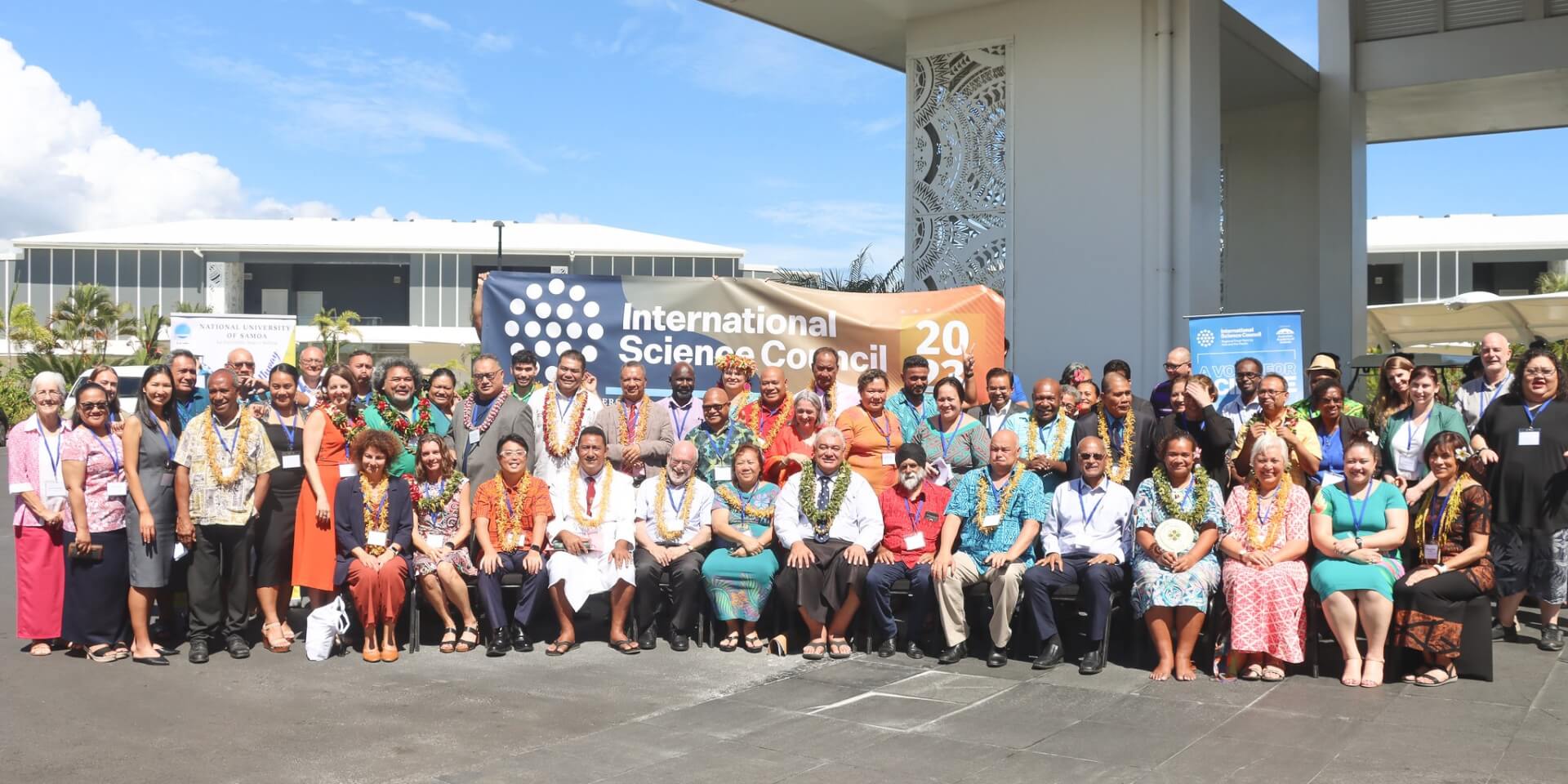Pacific Island states and territories are particularly vulnerable to climate-related hazards, but their involvement in scientific research remains limited due to various historical and structural factors. The region lacks a scholarly institution of its own to support science and science practitioners and promote an evidence-based Pacific voice in international fora. The establishment of a Pacific academy of sciences could help address these issues.
Scholarly academies play a critical role in supporting scholarly activity, national development, and curating knowledge. As the world faces multiple challenges reflected in the Sustainable Development Goals and the SAMOA Pathway, the importance of science and actionable knowledge in addressing these challenges is increasingly recognized.
The scholarly ecosystem is complex, involving knowledge generators (primarily universities and research institutes), knowledge synthesizers (primarily universities and academies) and knowledge brokers (academies and advisory mechanisms). In many countries, academies offer a vital interdisciplinary mechanism to provide evidence-based advice to publics and the policy community. The proposed Pacific academy could play this role for the region.
Recognizing the need to assist science and scholarship in the Pacific and to support new academies of sciences in underserved regions, the ISC attracted initial funding and support to launch the process through a reginal consultation with Pacific scholars, funders and decision-makers.
Following the success of the event and an overwhelming support for the Pacific academy, the ISC continued to facilitate the efforts to establish the Academy through the Regional Focal point for Asia and the Pacific.
Pacific Establishment Committee
Representing different subregions of the Pacific and drawing from diverse expertise of established and early and mid-career scholars, the Pacific Establishment Committee aims to set the foundation of the future academy and mobilize necessary support.
 Peseta Su’a Desmond Mene Lee Hang
Peseta Su’a Desmond Mene Lee Hang
An academy is an organization typically dedicated to the advancement of sciences and humanities through research, education, and public outreach. These academies often consist of elected members who are distinguished scholars in their respective f ields. They may conduct research, publish research, provide guidance on policy matters, and promote sciences and humanities. Academies can vary in scope and focus, ranging from national academies that advise governments and other decision makers on matters to specialized academies that concentrate on specific disciplines or areas of study. Examples include the African Academy of Sciences, Australian Academy of Science, the Royal Society Te Aparangi (New Zealand), National Academy of Sciences in the United States, the Royal Society in the United Kingdom, and the Chinese Academy of Sciences.
There is currently no formal mechanism for Pacific scholars across the region to collectively use their knowledge to inform decisionmaking regionally and internationally, even though the Pacific region stands to be most impacted by the rapidly changing environment. Local scientists and Indigenous communities possess unique knowledge about their respective regions, environments and inhabitants.
The establishment of a Pacific academy responds to the pressing need to foster co-creation of knowledge to empower Pacific scholars to be part of solutions in their region. The establishment of a Pacific academy of sciences will be a global testament and a commitment by the Pacific region to promote sustainable development through scholarly activities providing interdisciplinary approaches to complex problems, offering scientific advice to governments and other decision makers as well as informing public policy for the benefit of Pacific communities.
In October 2023, the International Science Council (ISC) supported by the ISC Regional Focal Point for Asia and the Pacific, partnered with the National University of Samoa, with support from the Sasakawa Peace Foundation and the Richard Lounsbery Foundation to facilitate a discussion in Apia, Samoa about a possible academy of sciences for the Pacific region, to listen to local needs and aspirations, and to help strengthen the regional voice of science. After two days of discussion, hearing from experiences in other regions including the African Academy of Sciences, Australian Academy of Science, the Royal Society Te Aparangi (New Zealand) and U.S. National Academies, the meeting of more than 60 Pacific scholars overwhelmingly agreed to join forces to create a voice for science in the Pacific by establishing a Pacific academy of sciences.
The Pacific academy will be domiciled in Samoa, where it will be supported by a small secretariat to facilitate the operations of the academy. It will establish a hub for scholars, researchers, experts and Indigenous knowledge holders from diverse scientific and humanities disciplines from across the region to collaborate on programmes of work and provide science advice to support global and regional efforts to address the most pressing needs of the Pacific and other regions of the world.
The Establishment Committee is working toward launching the academy in the last quarter of 2024 after which the secretariat will be established.
The mechanism for ongoing funding for an academy will be determined as part of the establishment process.
Guidelines on membership will be developed by the governing body of the academy once it is established.
The academy will be established as a charitable trust under Samoan law. A Board of Trustees will be formed for the registration of the Trust in Samoa. A selection committee (a subcommittee of the Establishment Committee) will appoint Founding Fellows (members) and trustees who will go on to form the first governing Council. The Council will develop guidelines on the appointment of additional Fellows, the scope of work, and how the academy will operate.
Pacific Academy of Sciences Fact Sheet
The Pacific Establishment Committee responds to frequently asked questions about a Pacific academy of sciences.
 blog
blog
 events
events
 events
events
 publications
publications
 publications
publications
 publications
publications